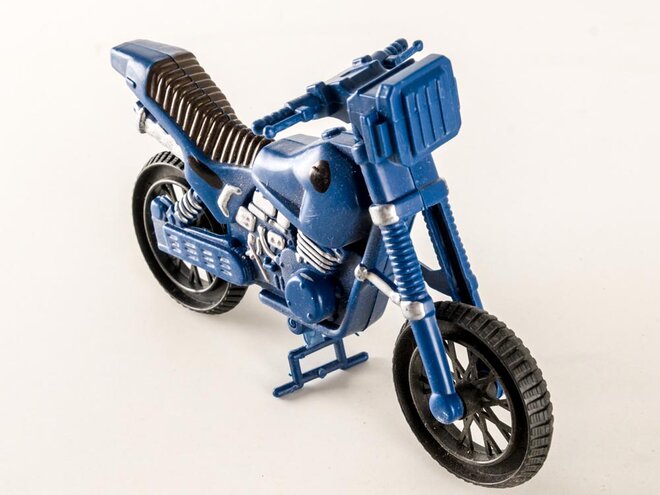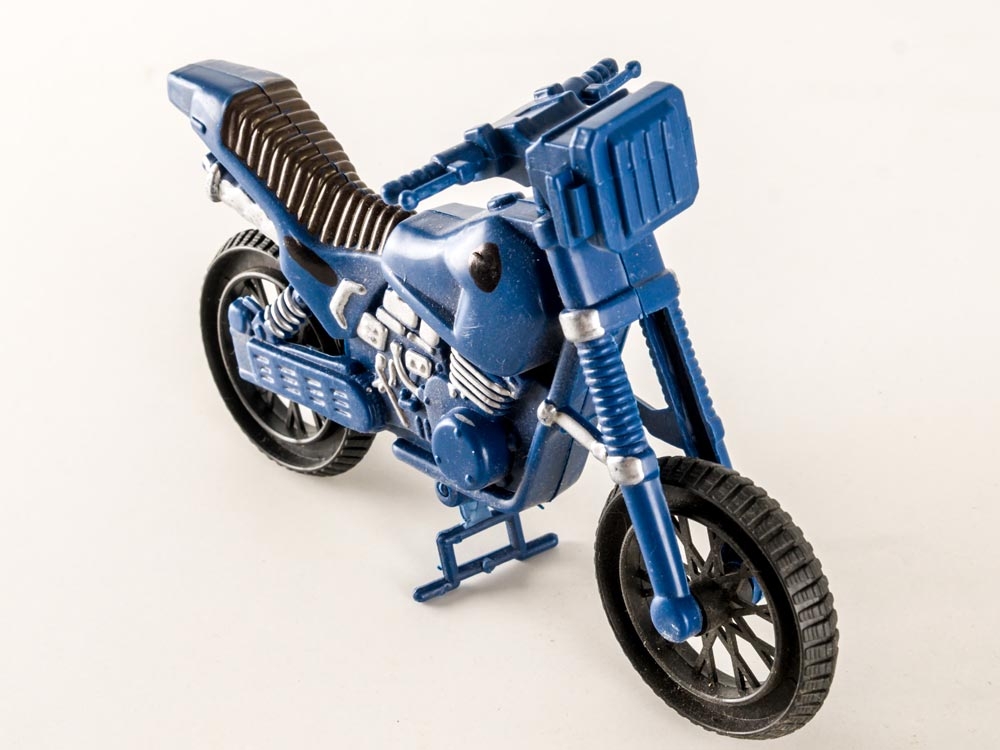
With the nationwide lockdown resulting in a sudden halt in manufacturing activities, shutdown of dealer showrooms and disruptions in the supply chain, automobile manufacturers and auto ancillary companies were one of the worst-hit industries.
However, with the beginning of the festive season, the demand for passenger vehicles and two-wheelers started picking up. Further, improving exports acted as a major catalyst. Finally, the sector saw the silver lining on the back of the restoration of the supply chain and a better-than-expected recovery.
Winners
Hero MotoCorp: The company has been a key beneficiary of the strong recovery in rural India, which witnessed a good agriculture season. Its vast dealership network, coupled with a reputed brand name, has augured well for the company. Further, social-distancing norms prompted consumers in rural and urban areas to buy two-wheelers. To keep pace with the pent-up demand, the company's manufacturing facilities have been running at the full production capacity.
Recently, the company has entered into a partnership with Harley-Davidson. Under this partnership, Hero MotoCorp will sell and service Harley-Davidson motorcycles in India and has the licence to develop and sell a range of premium motorcycles under the Harley-Davidson brand name.
Escorts: The company generates a majority of its revenues from the tractors and agriculture-equipment business. Besides, it has a presence in the construction-equipment, as well as railway-equipment, business. The pandemic has had little impact on the demand for tractors and agriculture equipment. Adding to this, a good monsoon and a healthy agricultural output have been major tailwinds for the company.
Balkrishna Industries (BKT): BKT is India's leading exporter of 'off-highway' tyres and has a strong presence across the globe. The company sees major tyre demand from the agriculture sector, which contributed more than 64 per cent to its Q2FY21 revenues and witnesses strong demand across the geographies. Despite the lockdown, the company expects to cross its FY20 sales.
Losers
Ashok Leyland: Despite a major rebound in the demand for two-wheelers, passenger cars and tractors, the demand for commercial vehicles remained subdued even in the second quarter of FY21, owing to higher axle-load norms, the NBFC crisis, pre-COVID economic slowdown and then COVID-19-led disruptions.
Tata Motors: Tata Motors was one of the worst-impacted Indian auto manufacturers mainly because of its huge debt obligation and an ailing JLR business, which have been a major overhang for the company over the last couple of years. Although its JLR business has started showing signs of normalcy in China and the UK, the domestic passenger and commercial-vehicles business have slowed down the company's revenue growth.


__w1000__h564__.jpg)
